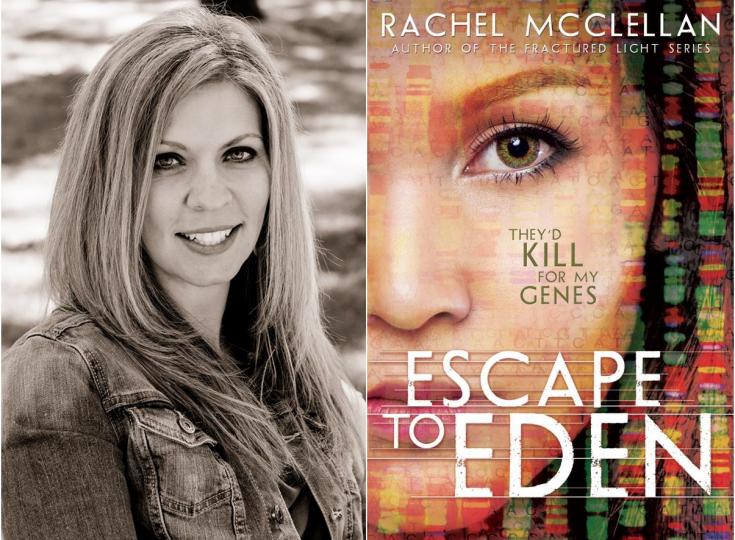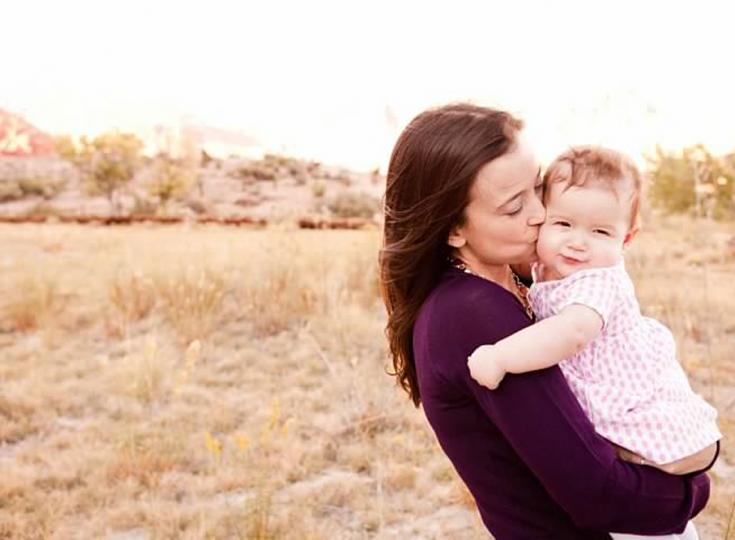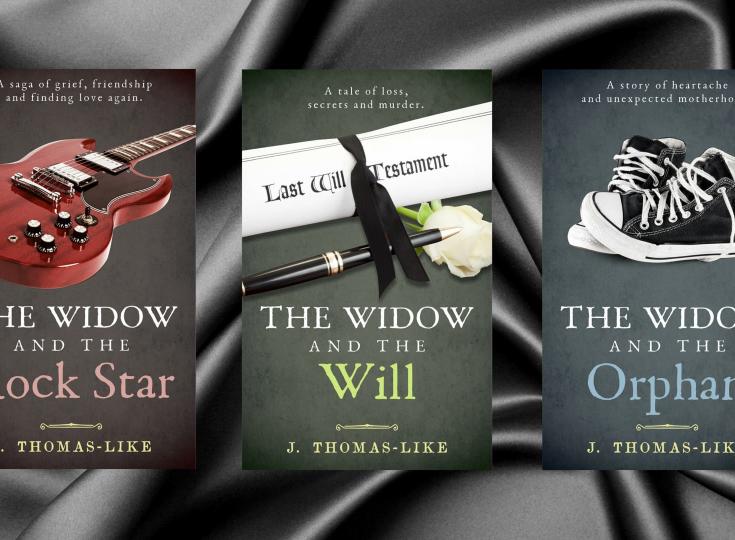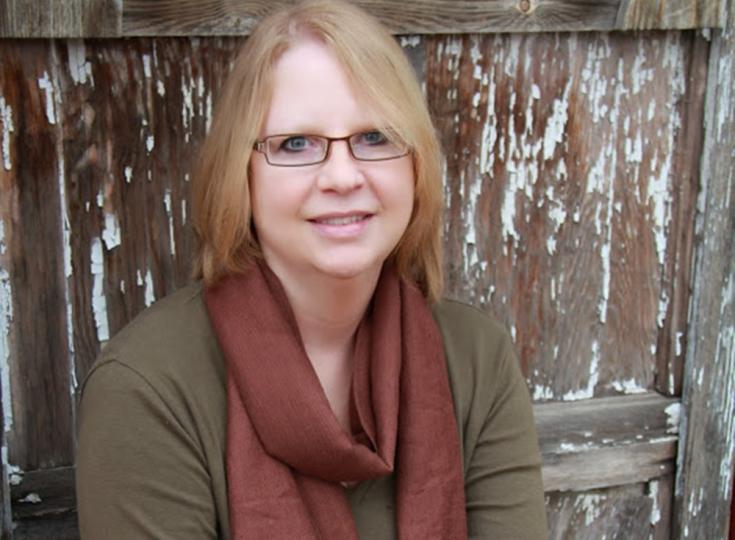Joan Schweighardt - Literary Adventure set in the Amazon during the South American Rubber Boom
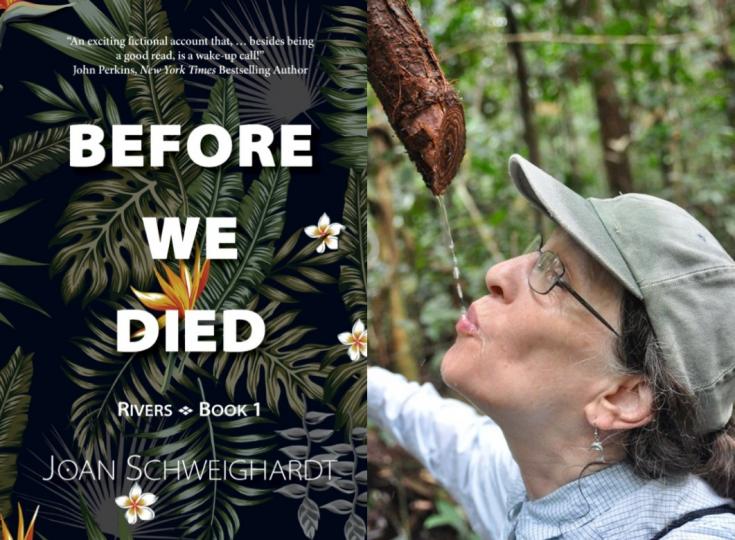
Joan Schweighardt is the author of six novels, a memoir, two children's books and various magazine articles, including a 10-page story (featuring photos by photographer Michael Dooley) in Parabola Magazine. She is also a regular contributor to Bloom, where she conducts interviews with people who found their passion after the age of 40 for her Bloomers Blazing column. Joan regularly provides book reviews for the Five Directions Press newsletter, and she heads up a feature called "Five Directions Press Authors Dish," also for the newsletter. As our Author of the Day, Schweighardt tells us all about her latest book, Before We Died.
Please give us a short introduction to what Before We Died is about.
Before We Died tells the story of two Irish American brothers who leave their jobs as dockworkers in Hoboken, New Jersey to travel to the rainforests of the Amazon in 1908 to become rubber tappers. Their beloved father dies in an apartment building fire prior to the opening of the book, and it is to find a distraction for their grief that they make this trip.
What inspired you to write about two Irish American dock workers who leave for the South American rainforest?
Besides my own writing projects I have worked for many years as a “pen for hire.” Some years back I was hired by a small publishing company to speed-read their backlist books and write blurbs about each of them for their website. One of the books was a very short posthumously-edited diary of a rubber tapper. It may be the only book ever written by a rubber tapper. Prior to reading it, I knew nothing about the rubber boom in South America. But once I read it, I wanted to know everything.
Why 1908, what drew you to this era?
The rubber boom in South America was short-lived. It began in the late 1870s and ended, for the most part, in 1912 or 1913. In order to have a historically accurate background for my story, I had to pick a jumping-off point that fell between these two dates. I chose 1908 because the rubber boom was in full swing by then.
How much research did this book require from you to make the history part of it ring true?
First let me say that Before We Died is the first book in a three-book trilogy, so I was actually researching for all three books at once.
My research began with a trip to the Amazon rainforest. I traveled with a group of environmentalists/sustainability activists who were working to protect the legal rights of indigenous tribes whose land was being threatened by oil companies. As part of the trade-off for the work the organization was doing for them, the Indians were allowing small groups of “Northerners” to stay with them for short periods of time. When I finished the first good draft of book one, I made a second trip to the Amazon, this time to visit the city of Manaus (in Brazil), which was the hub of the rubber boom, and to travel down the Amazon and Rio Negro Rivers with a guide to see, among other things, rubber trees. Before, during and after these two trips, I read every book I could find about the rubber boom, the flora and fauna of the rainforest, the indigenous tribes who lived there, the early 20th century history of both the U.S. (particularly in Hoboken) and Amazonas… I read books on every subject I could think of that touched in any way on my project.
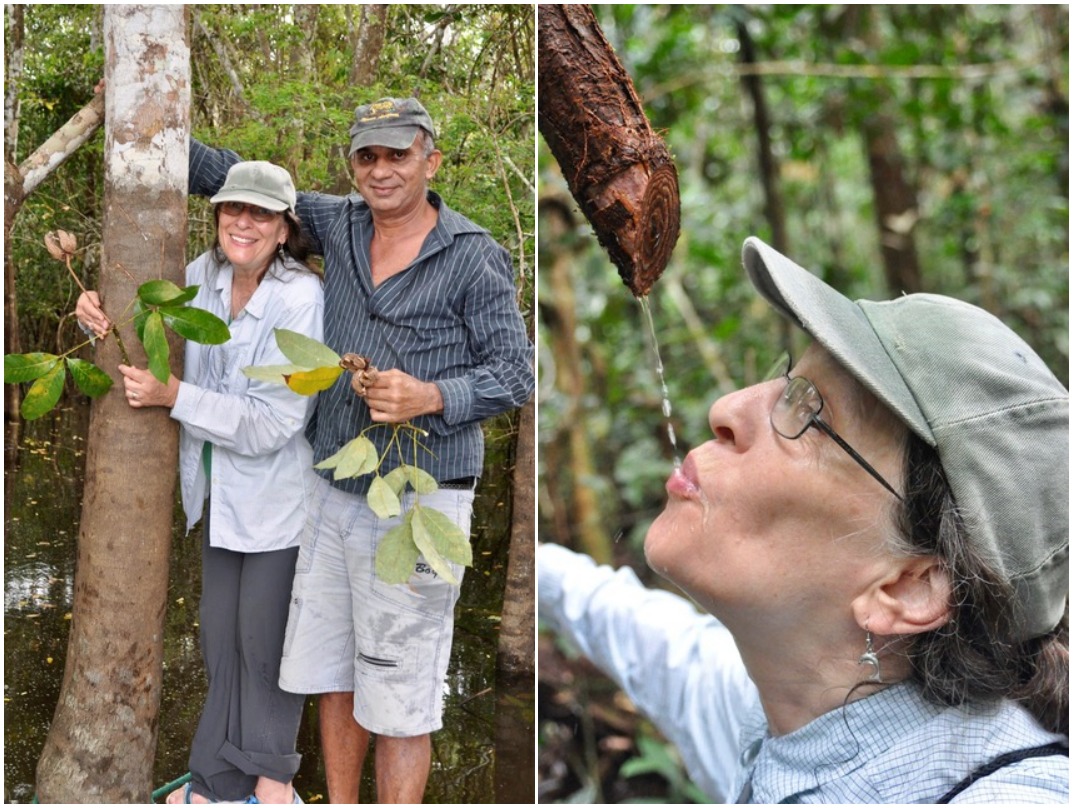
Photo right: Some types of vines can be cut for fresh water
Besides writing, what other secret skills do you have?
I make the biggest, tastiest, most beautiful omelets in the world.
Your book touches on very real issues such as the consequences of greed and misunderstandings between cultures. Why did you find this important to explore?
Initially the demand for rubber from South America was not excessive, but then automobiles came along, and all of a sudden demand was growing by leaps and bounds. The barons at the top of the industry hierarchy were suddenly making a ton of money, but one obstacle stood in the way of them making even more: Rubber trees cannot be grown en masse, on plantations, in South America because there is a leaf blight particular to the region that causes them to die if they are close together. The rubber tappers at the bottom of the industry hierarchy were forced to go into the deepest part of the jungle and tap the trees where they found them. This left them open to the threat of insects, snakes, wild animals, malaria, and, because the rubber camps were so far from civilization, starvation. Consequently some of the barons got the bright idea to enslave indigenous people, who already knew the secrets of surviving in the deep jungle, to do the work.
The instances of greed and cultural misunderstandings that occur in Before We Died arise from this particular historical moment. But we see parallels for it in events happening today. Indigenous people are threatened by the building of dams and rerouting of waterways, by deforestation to make way for mining and farming, by the byproducts of oil drilling, and much more.
Is there an underlying message you wish to relay about basic human nature through your characters?
I wanted to tell the truest story possible in Before We Died. I wanted other people to know about the fascinating history of the South American rubber boom, how it began and why it ended. I wanted readers to understand what is lost when an indigenous tribe is forced to give up its ancestral lands, and what happens when a city, such as Manaus, loses half its population and all its wealth virtually overnight.
But I also wanted to create characters that would be intriguing all on their own, regardless of the setting. Jack and Baxter Hopper are very different young men, but blood is thick for these sons of Irish immigrants and one would do anything for the other. At the beginning of the book, there is only one challenge to their relationship, and that is that they are both in love with the same woman, Nora. But even this doesn’t feel too serious, because one brother is engaged to her and the other believes (wrongly) that he has kept his affection a secret. The real threats to their relationship come in the jungle, in many different forms. Their ability to cope with the obstacles they face is at the heart of the story. And then there is Nora, who has her own story to tell. And there are lots of secondary characters with rich stories as well.
Why did you decide to write this book in first person?
I love writing in first person. I mentioned above that I have worked for years as a pen for hire. One of my favorite jobs is ghostwriting books for other people, almost all of whom want their stories told in first person. That requires me to take on not only the facts of their story but also their voice, their manner of presentation. I’ve developed a skill for it, and I use it in my fiction as well.
What was your greatest challenge when writing this book?
Ironically, it was my choice to write in first person. I wanted Jack Hopper to be authentic without becoming stereotypical. I did several drafts just to work on his presentation. The second book in the trilogy, Gifts for the Dead, is narrated by Nora; it was easier for me to get in her head. The third book has yet another narrator.
Do you have any interesting writing habits?
No. If I have work to do for other people, I do that first. Then I work on my own stuff. That’s as interesting as my writing habits get.
What are you working on right now?
I’m finishing book two, Gifts for the Dead, and also working on book three, which will be called River Aria. This trilogy is being published by Five Directions Press, which also published another book of mine. And, my first ever children’s book, called No Time for Zebras, is coming out with Waldorf Press in October and iwill be followed by a second children’s book.
Where can our readers discover more of your work or interact with you?
People can find me via my website, my FaceBook page, or my No Time for Zebras FaceBook page.
Before We Died is available on Amazon and other online retail stores and can also be ordered from most bookstores and libraries. It is now available as an audiobook on Audible, Amazon and iTunes too. The narration is by voice actor Lucio Leone, and his work is electrifying. He brings a whole new dimension to the story.
